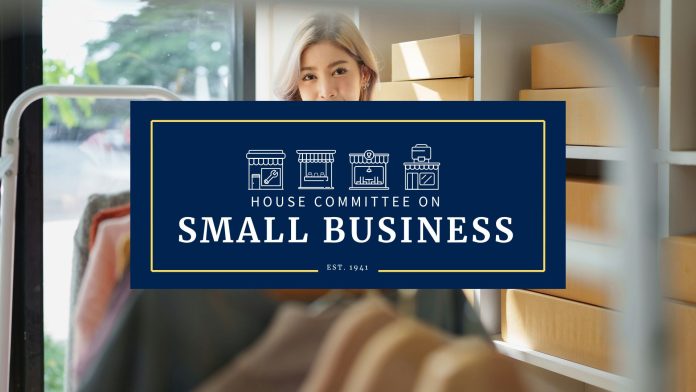Congressman Roger Williams (R-TX), Chairman of the House Committee on Small Business, recently announced the passage of seven significant bills that aim to realign the Small Business Administration (SBA) with its core mission of serving small businesses across America. This legislative move comes at a crucial time, as small business owners navigate a complex landscape of regulations and political challenges.
"It’s our job, as the House Committee on Small Business, to be the voice of Main Street America here in Washington," said Chairman Williams. He emphasized that previous administration policies, including loan provisions for undocumented immigrants and numerous regulatory burdens, had detrimental effects on small businesses. The new committee actions are poised to restore accountability and ensure the SBA operates effectively for small businesses.
Among the bills passed, the "Business Over Ballots Act" (H.R. 2968) stands out. This legislation aims to prevent the SBA from utilizing its resources for political purposes, effectively prohibiting actions that facilitate voter registration access. By refocusing the agency solely on its mission of aiding Main Street, this bill is designed to create a more straightforward and less politicized pathway for small businesses seeking support.
Another critical bill, the "Returning SBA to Main Street Act" (H.R. 2027), aims to decentralize the SBA by relocating 30% of its headquarters staff from Washington, D.C. to various locations across the nation. This move is intended to improve accessibility, allowing entrepreneurs in diverse regions to benefit directly from SBA resources and support.
The "American Entrepreneurs First Act" (H.R. 2966) aims to ensure that taxpayer dollars exclusively support legal, American small businesses by instituting citizenship verification for SBA assistance applications. This measure highlights the committee’s commitment to safeguarding taxpayer interests while supporting legitimate entrepreneurs.
Significantly, the "Save SBA from Sanctuary Cities Act" (H.R. 2931) requires the removal of SBA offices from sanctuary city jurisdictions. This aligns with other initiatives aimed at ensuring that SBA operations remain concentrated in areas that fully comply with federal laws. As urban conditions evolve, small business owners in these cities might experience changes in their access to resources.
The "Capping Excessive Awarding of SBLC Entrants (CEASE) Act" (H.R. 2987) complements these changes by reinstating limits on the number of authorized Small Business Lending Companies (SBLCs) to 16. This comes after the previous administration removed these limits, which could lead to a more stable lending environment for small business owners.
Another essential piece of legislation is the "Small Business Regulatory Reduction Act of 2025" (H.R. 2965), which mandates that the SBA report annually on the regulatory costs impacting small businesses. The goal here is to increase transparency and reduce the regulatory burden that often stifles growth and innovation for entrepreneurs.
Lastly, the "Prove It Act of 2025" (H.R. 1163) seeks to require that agencies evaluate both the direct and indirect costs that rules and regulations impose on small businesses. This legislation aims to ensure a balanced approach when enacting regulations that could hinder business operations.
While these updates present numerous potential benefits for small business owners, there are challenges to consider. The legislative process may face hurdles, from debates over the effectiveness of these bills to the political implications of their passage. Additionally, small business owners must stay informed regarding how these changes impact the regulatory landscape and funding opportunities available to them.
For those interested in a detailed look at the proposed legislation, the full press release is available here.
The recent committee decisions may reshape the support that small businesses receive from the government, potentially paving the way for a more favorable operating environment. As these initiatives progress, small business owners are encouraged to actively engage with their representatives and stay informed to make the most of the opportunities arising from these legislative efforts.
Image Via Envato: itchaznong



